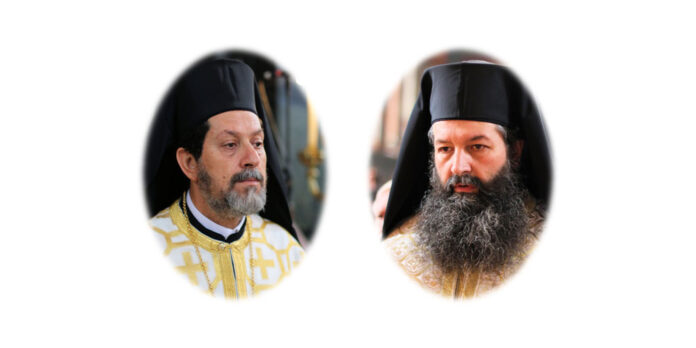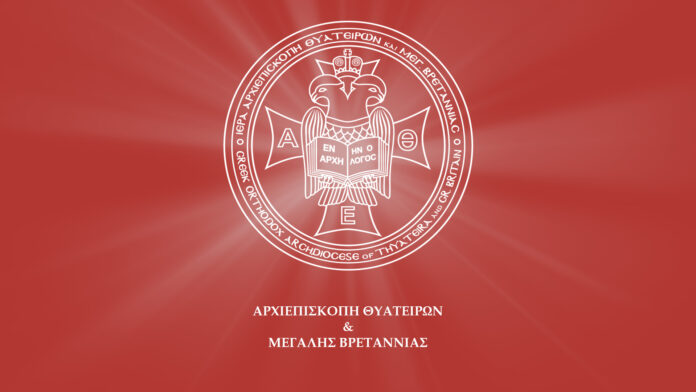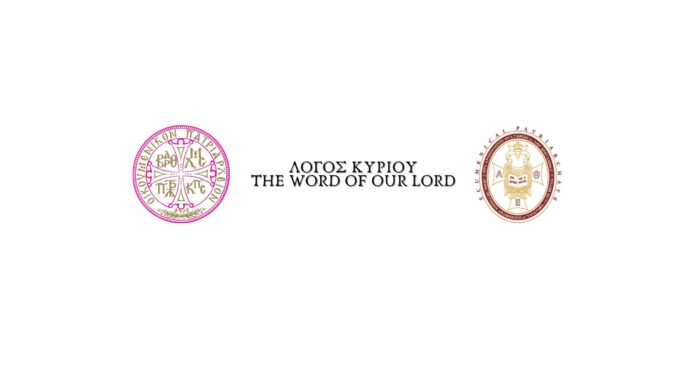On Saturday 15th June 2024, Charalambos Clark was ordained to the Holy Diaconate at the Church of Christ the Saviour, Woolwich. His Grace Bishop Iakovos of Claudiopolis celebrated the Divine Liturgy joined by the Revd Protopresbyter Constantinos Garibaldinos, Vicar General, and the Revd Presbyter Thomas Koutroukis, Priest-in-charge of the Parish. The Revd Archdeacon George Tsourous and Revd Deacon Gregory-Palamas Florides also served. The V. Revd Archimandrite Michael Pazinas also joined prayerfully in the altar.
In his heartfelt address, Deacon Charalambos expressed profound gratitude, doxology, and thanksgiving to Almighty God. Reflecting on his journey, he acknowledged the great blessing and burden of his ordination to the Holy Diaconate, comparing it to Saint John the Baptiser’s humility before Christ. He spoke of his spiritual journey and the role of Saint Augustine, seeing himself as a prodigal son returning to God. Charalambos highlighted the significance of his wife Anna’s reconnection to the Faith, the influence of Saint Charalambos, and the Divine providence that brought a Bishop from Larnaca to ordain him.
Charalambos called upon the community to support him in his ministry, noting the ripe harvest in need of labourers. He thanked Archbishop Nikitas, Bishop Iakovos, and Fathers Michael and Thomas for their paternal love, guidance, and exemplary service. He expressed deep gratitude to his wife Anna, his children, and all those who supported him, recognising their sacrifices and love. He also thanked his fellow clergymen, godchildren, and the community for their prayers and support. Deacon Charalambos concluded with a prayer for strength and a commitment to his diakonia, giving glory to God for all blessings.
In his address to the new Deacon, Bishop Iakovos highlighted the essence of the diaconate as the embodiment of the Church’s servanthood. He emphasised that all Church functions and sacraments serve Christ’s Holy Body, aiming for the salvation and transformation of believers. Bishop Iakovos commended Charalambos for his fervent faith and service, noting his growth since being tonsured as a reader. As an ordained deacon, Charalambos is called to serve with patience, humility, and love, guided by Archbishop Nikitas and Fr Thomas. Bishop Iakovos encouraged Charalambos to uphold the deep truths of the faith with a clear conscience, supported by his family and the Christian community, affirming him as a worthy servant of the Holy Church of Christ.
The day’s events culminated in a heart-warming reception marking a memorable occasion for the Greek Orthodox Community in Woolwich.




































































































